There is a reason Michael Edwards was offered 15 jobs during his recent two-year sabbatical, writes Josh Williams.
Fenway Sports Group’s new CEO of Football was a man in demand after leaving Liverpool in 2022, largely as a result of the body of work he’d showcased during his time at Anfield.
Edwards is often hailed for his remarkable hit rate in the transfer market. The former Prozone analyst had a knack for making the right decision regarding who to sign and also proved to be a master at offloading Liverpool’s fringe players for hefty transfer fees.
Whenever he’s the talk of the town, his successful player trades tend to surround his name, having acquired the likes of Mohamed Salah, Virgil van Dijk, Alisson, Andy Robertson and Fabinho during his time as Liverpool’s sporting director.
Every year, Jurgen Klopp was able to improve his team’s results with better players representing the shirt on the pitch.
Edwards is painted as a transfer guru of sorts – and he probably deserves that label – but he’s returned to the scene on Merseyside not because of his scouting expertise, but because of his ability to create and organise a cutting-edge sporting operation.
Moving into the 21st century
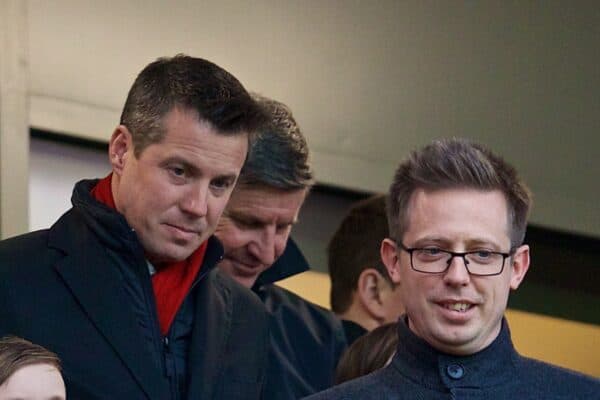
When the ex-Tottenham executive first arrived at Anfield over a decade ago, he found a relatively amateur enterprise.
There was no analysis department at Liverpool and there was no data science department either, with Damien Comolli appointing him on behalf of the club’s new owners to effectively bring the Reds into the 21st century.
FSG had aspirations to transform Liverpool into a footballing version of the Boston Red Sox.
Evidence powered by science and mathematics would shape future decisions made by the Reds, as opposed to gut feelings, relationships with agents and baseless opinions held by people occupying power positions.
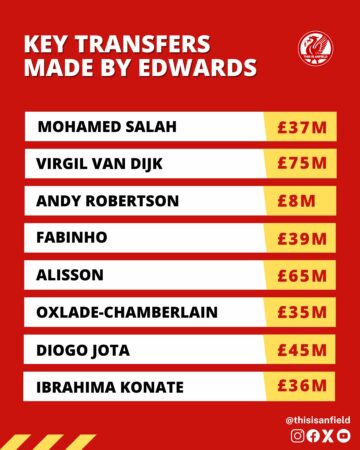
It took years, but FSG finally reached their utopia in 2020 as Liverpool won the Premier League just 12 months after securing the Champions League in Madrid.
Klopp was lauded as the hero responsible for the club’s revolution – and perhaps rightly so – but Edwards definitely had a quiet impact beneath the surface.
Indeed, the hiring of Klopp was a decision made by Liverpool in 2015, and one they certainly got right. At the highest level of the sport, the aim of the game is stimulating a good process, because a good process tends to foster good outcomes on a consistent basis.
Expertise delivers evolution
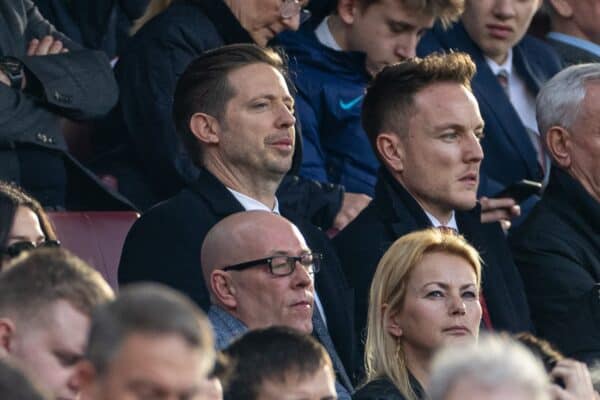
Over time, each positive decision has a snowball effect, cultivating steady improvement from season to season while consequently avoiding times of hardship. The likes of Man United, Everton and Barcelona are proof of what happens when the decision-making process is broken or uneducated.
Trendy players are signed without proper due diligence being conducted. They are awarded big contracts, and that often results in their sales proving to be problematic further down the line.
United haven’t progressed beyond the quarter-final of the Champions League since Alex Ferguson retired, for example, and Barcelona have progressed beyond the group stage of the prestigious tournament once since 2020/21.
As for Everton, relegation is a constant threat despite their excessive spending under Farhad Moshiri.
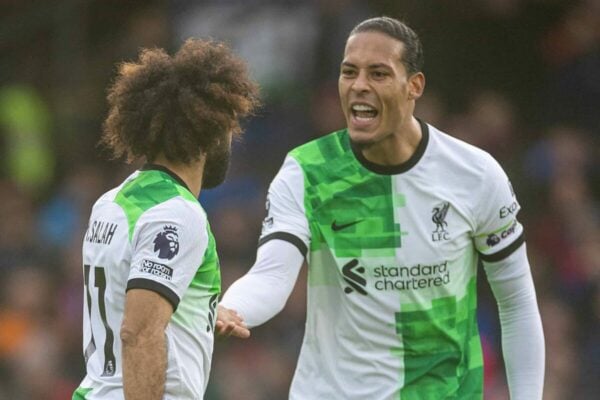
Their fortunes provide an insight into what truly matters at the pinnacle of the sport. Financial power certainly helps when competing for the best players but perhaps above all else, expertise is what delivers evolution.
A rich operation without a brain will inevitably struggle.
Liverpool have ranked among the smartest clubs on the continent in recent times, with much of that cleverness stemming from the foresight of FSG, as well as their know-how in the sporting world.
The Reds are known for integrating data and hard evidence into their process, and with Klopp destined to call time on his Anfield tenure this summer, it makes perfect sense for Edwards to return to navigate what lies ahead.
Ahead of richer, but dumber counterparts
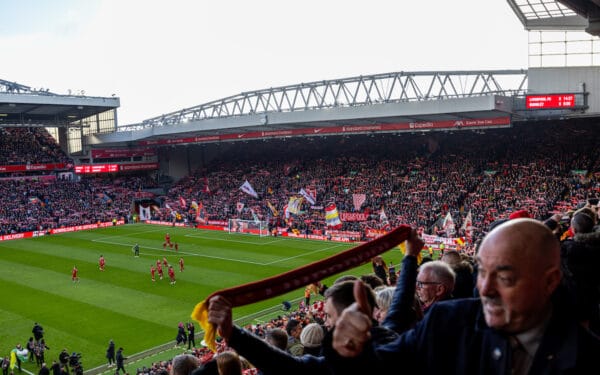
A new structure will be required without the German at the helm. Liverpool are having to go back to the drawing board at the end of the campaign in many ways, with Edwards positioned at the top of the tree.
With him in place, it feels like FSG are almost guaranteeing – as much as realistically possible – a safe transition into the post-Klopp era.
“With Liverpool FC, I will oversee the required reinforcement of football operations, with a number of essential leadership positions needing urgent attention,” Edwards said in an official statement announcing his new role.
“In assuming this role, I therefore intend to identify, hire, and subsequently empower leaders who meet and embody the club’s values and ambitions.”
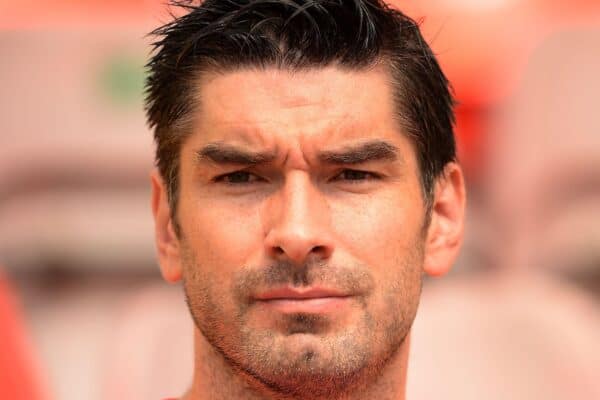
Richard Hughes has already been appointed as sporting director underneath him, with former Liverpool man David Woodfine returning as assistant and Bournemouth‘s chief scout Mark Burchill also joining.
Every Scouser on the planet was hoping to see Xabi Alonso in the dugout next term, but with Arne Slot now in place, the most important element to prioritise is the operation as a whole.
When the footballing brain of the club is healthy, sharp and capable upstairs, matters on the pitch tend to follow suit.
FSG cannot promise success without Klopp at the wheel, but with Edwards at the summit, Liverpool should continue to be ahead of the curve in comparison to their richer but dumber competitors.
You can find more of Josh’s work on his Substack here, and his new book, Data Game: The Story of Liverpool FC’s Analytics Revolution, can be purchased here.
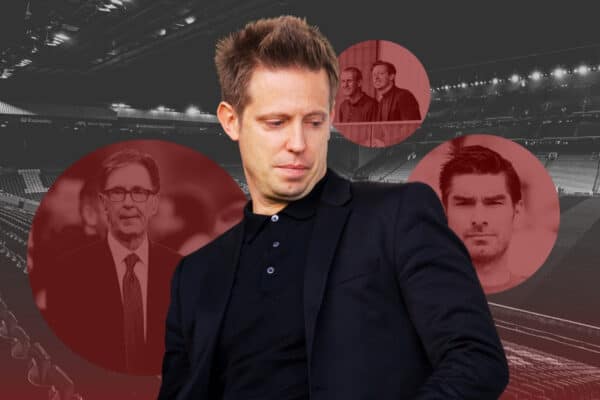



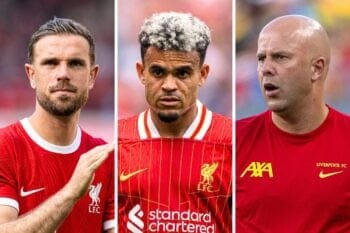
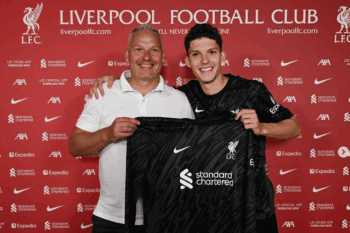






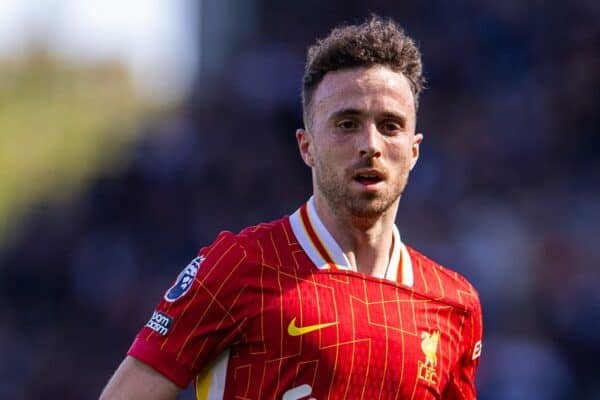
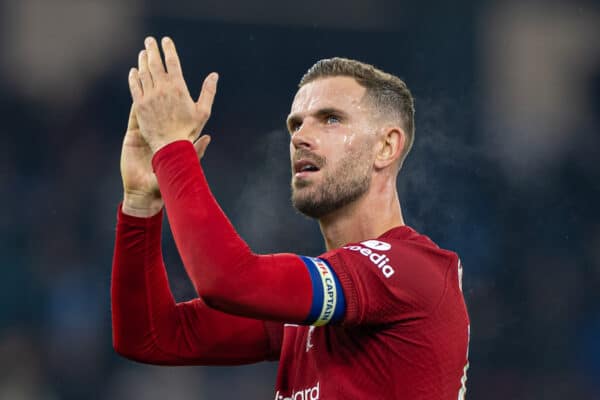



Fan Comments